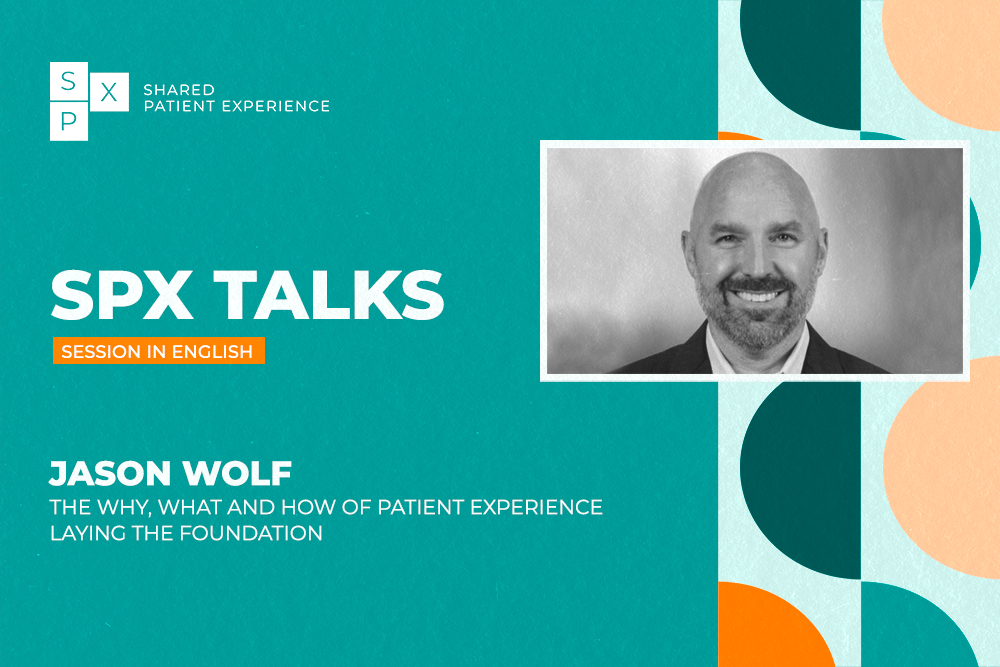
What really matters to patients and their carers?
In this article we would like to highlight a study by Claire Marsh and Laura Proctor identifying six recurring themes of ‘patient experience‘ in their survey “What really matters to patients and their carers?”, and why staff need help and support to address these.
Approach
The authors of the report used 130 interviews with patients and their carers in West Yorkshire from 2017 to 2020 to identify the topics that matter to patients, what is lacking and what therefore needs to be improved or put in place. They built on a regional support programme for healthcare facility staff to effectively use patient feedback, via a specific tool, the Yorkshire Patient Experience Toolkit (PET).
This has been done in a number of different services and settings: maternity, elderly rehabilitation, urgent and emergency care, stroke rehabilitation, rheumatology, amputee rehabilitation, medical, surgical, acute psychiatric in-patient, palliative care and children’s community nursing.
Given the close relationship between patient experience, quality and safety of care and the success of clinical outcomes, the aim of the report is to communicate these messages to health service leaders at all levels of influence in order to propose certain conditions and support required by clinical teams if they are to be able to address them.
Themes identified
1) “Good services hold lives together“: Staff are a “lifeline” for patients, helping them to feel safe and supported during one-off events. There is a huge emotional need on the part of patients and families, but these needs are not consistently met throughout the patient’s care journey.
2) “Goal setting and care plans are essential“: Very few patients report having a care plan; they either do not know about it or it does not exist. This leads to an almost universal feeling among patients of being unsure of what to expect and whether progress has been made, which devalues the patient-staff relationship.
3) “The Patient Journey must be consistent and clear“: Every step of the patient journey counts. Lack of clarity causes anxiety – a situation that can lead to misunderstandings, and ultimately to a lack of confidence.
4) “Certain patients feel particularly vulnerable and anxious“: These may be patients with mental health problems, dementia or other conditions/treatments that affect their cognition and/or memory. With these groups, the provision of honest, clear and regular information is often lacking and many do not feel able to seek help or reassurance.
5) “Trust & approachability means everything“: Hospitalisation impacts patients’ psychological health. Almost without exception, all patients (not just the most vulnerable) find it very difficult to ask for help from the people who are there to do it. Staff often have little time to respond to anxieties and provide the emotional support that this requires.
6) “Navigating health systems is daunting“: The national health system is a complex and gigantic system. Information, monitoring and signposting efforts are therefore highly valued. Patients want to feel that different stakeholders are working together to help them, but often feel the opposite – a feeling that is more acute when vulnerable patients do not have relatives to advocate for them.
The literature review supported these findings that these themes are important and persistent and that there is a need for more compassionate care, better communication and trust, and greater recognition of individual patient needs.
Why can’t staff always support these essential components of care?
It is also clear that this often-intense emotional need comes with a very high responsibility for carers. This need is not always met, leading many patients and families to feel abandoned at various and repeated times (“ignored“, “nonchalance“, “staff are largely not available“, “too busy to talk“…).
The data also recognise that frontline clinical teams are best placed to respond to these needs. However, they face a number of cultural barriers (high emotional workload of dealing with large numbers of people, need for high level of communication skills, feeling of lack of legitimacy, lack of time, task-centred approaches to care that are at odds with person-centred care) which can lead to burnout and low morale.
Recommendations
An understanding of how staff can be supported to work with such techniques and principles is needed. The authors detail practical recommendations, such as designating leadership for each frontline improvement initiative, solidarity and role modelling by senior members, involving lay volunteers and independent facilitators in gathering and interpreting feedback, allowing teams to choose their own priority areas and test contextually appropriate interventions by their team, and creating new intra-organisational partnerships.
The opinion of the SPX Virtual Contents Editorial Board
It is clear that the professionals who directly care for patients are those who are most important in the Patient Experience, but they are not always motivated or sufficiently sensitive to it.
Clearly defining goals or care plans is sometimes a difficult task, especially in health problems with probable poor evolution. The basis is trust with the medical team, good communication with the patient or carers and perhaps differentiating short-to-medium and long-term goals. What we must ask ourselves is why do health professionals sometimes fail to give it to patients? Without a doubt, lack of time and lack of preparation and sensitivity in the Patient Experience.
Health systems must make an effort to improve “navigation” through health systems and increase the health literacy of patients especially for the elderly, or diseases that require different specialists, and in the transitions between out-of-hospital and in-hospital care.
The recommendations for improvement are clear and can be applied. Each organisation can find a way to do this.



